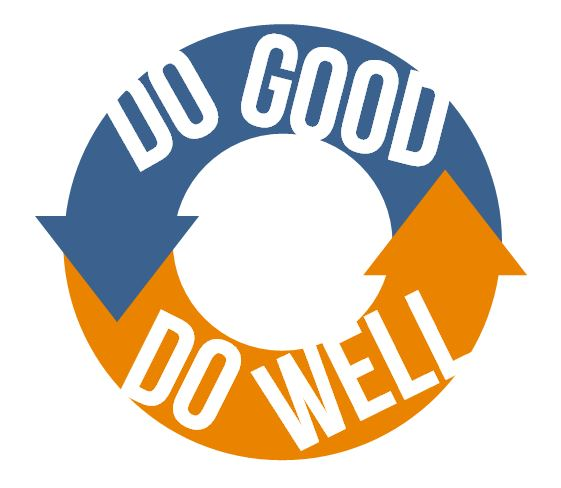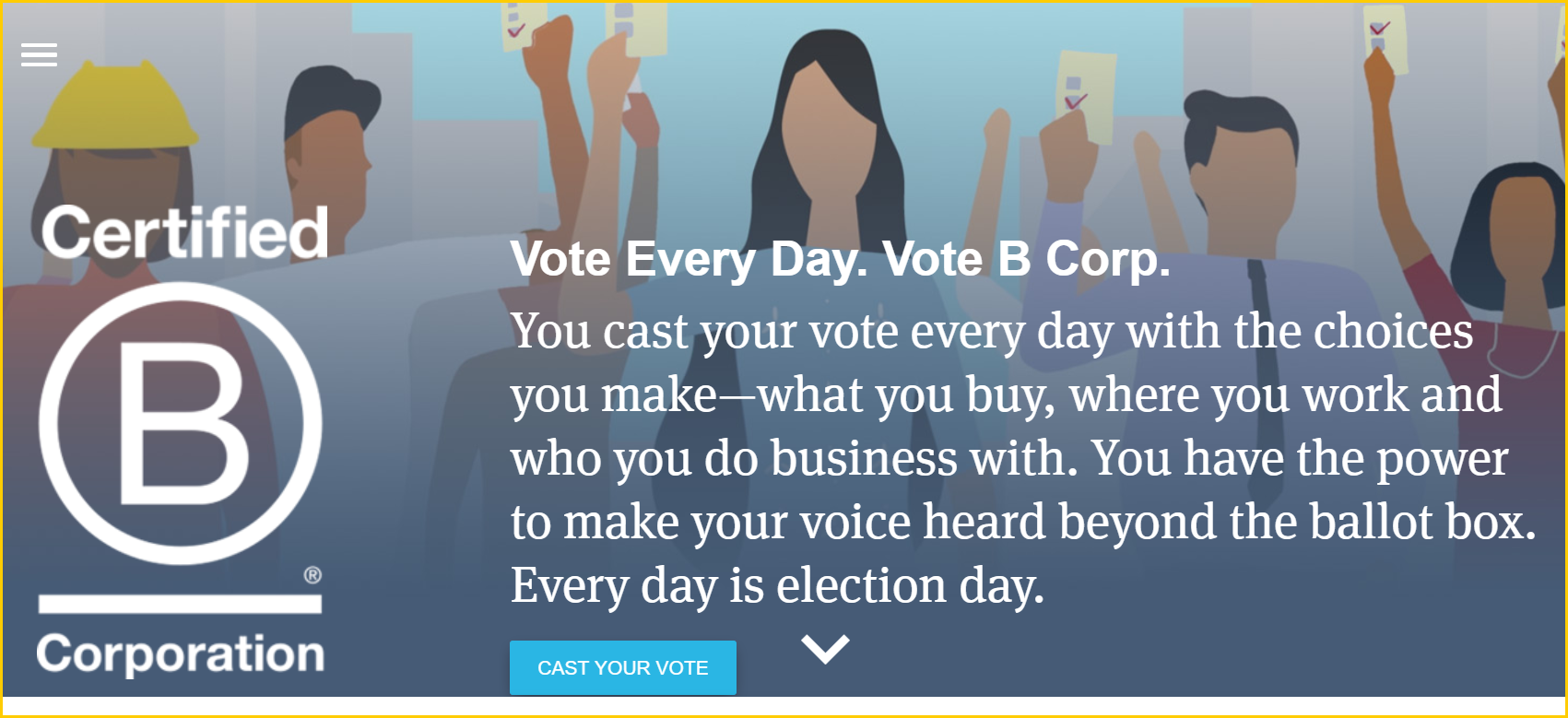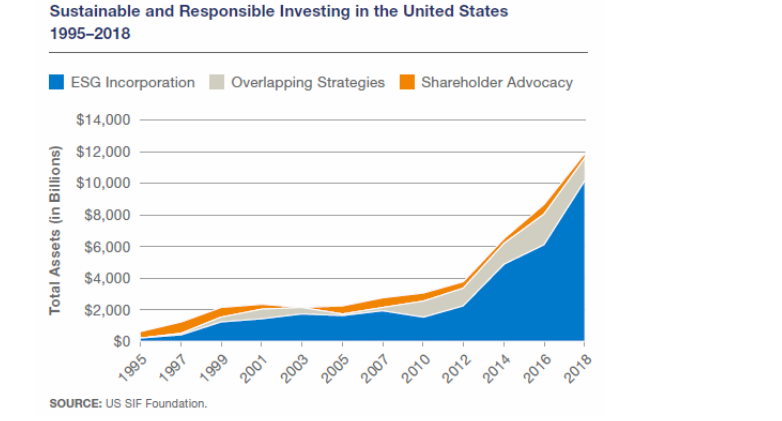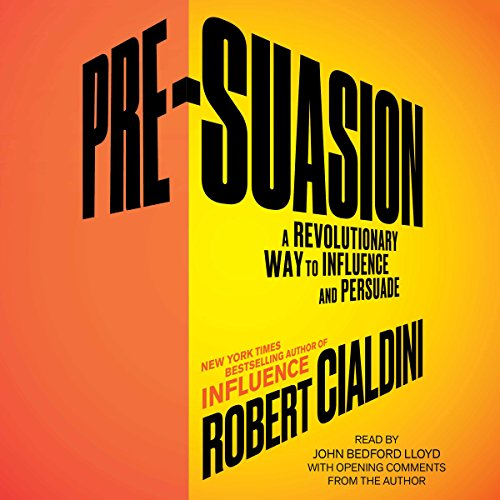Answers

May 04, 2019 - 07:48 AM

Image credit: StrategicPhilanthropyInc.com
While charity was once an occasional, altruistic choice made by individuals, it’s now a full-blown marketing scheme: “Buy this, and you’ll make the world better.” Obviously, it works as a marketing tactic, otherwise companies wouldn’t use it so often.
But for people who’ve been inundated with these marketing schemes, while also watching the ways consumerism harms the world, it’s easy to become a skeptic (or just immune to these tactics).
With these marketing campaigns, brands offer an all-in-one package. Rather than both being a consumer, and being a charitable or caring individual when you’re not consuming, you can do both at the same time!
You no longer have to both shop and volunteer: your shopping (supposedly) does the good work for you. It appeals to many people primarily because it allows us to be lazy.
And our laziness is also our own downfall. Ethical consumerism, at its best (when brands actually follow through with their promises to be “ethical” or “green”) can only put a bandage over much larger societal issues. It never addresses the root causes.
For example, buying organic, pasture-fed beef means you’re investing in happier cows and fewer pesticides on a single farm. But this does nothing to address the fact that beef consumption remains a massive contributor to global warming.
In fact, brands that promise altruism might actually hinder us from reformatting society in ways that would be beneficial on a much larger scale. Because consumers can consistently feel good about helping in small ways through buying from certain brands, they never feel motivated to take on bigger issues.
As the pop-philosopher Slavoj Zizek says, “It is immoral to use private property in order to alleviate the evils that result from the institution of private property.” (I’m reminded of this question about Facebook’s pop-up stores, for which Zizek’s viewpoints were also very relevant.)
There’s also the concerning fact that these brands’ attempts to help sometimes do more harm than good. For example, donating items to impoverished countries often weakens the economies of those countries by taking profitable opportunities away from local vendors.


Is buying TOMS shoes (a brand that donates one pair to a child in a poor country for every pair sold) really helpful? Or does every donated shoe mean a sale that a local shoe vendor will miss out on?
These questions may not have clear, simple answers, but they are worth thinking about. Yet consumers rarely consider them when they’re looking to make a purchase and feel good about it.
Buying into these marketing techniques shows laziness both of thought and character. Brands are banking on the idea that consumers will make a purchase if the brand promises it’s the morally better choice, and that they won’t ask too many questions about whether or not that purchase was really the best way to do good.
Consumerism is the problem (at least when it comes to many global issues like pollution), and it makes no sense that consumerism should also be the solution. But people don’t want to give up consumerism - they just want to be told that it’s okay. That’s the primary allure of these campaigns.
And, even if you do ask the important questions about whether your purchases can actually do good, this system leaves you with another moral quandary.
Since you still need to buy things to survive, do you buy from the brands that promise to “do good,” while knowing that these marketing tactics hold society back from changing in larger, more meaningful ways?
Or do you say “screw it” to recycled materials, free-range eggs, and the other “ethical” options that might help in minuscule ways, and just buy whatever? These questions are worth considering too, but I suspect there will never be easy answers.

May 21, 2019 - 12:49 PM
DeepKaizen, I would say you are an exception in the degree of your cynicism and likely because you are a marketer.
There is a while B Corp movement that has really taken off in the last few years because these "aspirational messages" (as you call them) work!
B Corporations are companies that do well by doing good. And there is a strict set of criteria they have to meet to be certified B Corp.

There is also lots of evidence that suggests people want to work for companies that have a purpose beyond just making money and so the "asiprational messages" work not just to acquire customers and drive sales but to recruit employees. This is particularly true for millenials.
Look at how Google employees have revolted all around the world when they found out that the company had paid off people implicated in sexual scandals.
Facebook, in turn, is having a really hard time recruiting employees after the Cambridge Analytica debacle despite paying the highest salaries in the industry ($200k to a new grads is not uncommon).
https://medium.com/futuresin/facebook-is-having-trouble-recruiting-top-talent-f
67bd7c1d0c7
https://news.ycombinator.com/item?id=18462671
And Microsoft employees haven't been shy about letting the top brass know that they didn't sign up to make weapons (with respect to the large defense contract for AI software).
The recent rise in popularity of so called ESG (Environment, Social Impact, Governance) stocks and mutual funds shows that the messages also work in attracting investors. It is not clear if these funds are outperforming non-ESG ones but investors have poured lots of money into them! 12 Trillion as of October 2018 (see below)!
Sustainable Investing Assets Reach $12 Trillion

ESG, sometimes referred to as SRI (Socially Responsible Investing) arose as a counter-reaction to Milton Friedman's doctrine that companies have only one responsibility: maximize profits and shareholder value. SRI proponents have a point: When companies care only about maximizing profits it leads to unattractive and even unethical behavior that can imperil the survival of the company--think Enron and Worldcom which both went bankrupt.
Lastly, I would suggest to you that whether or not you are aware of it some of these "aspirational messages" affect you! It typically happens unconsciously and subliminally without you recognizing it. Rober Cialdini in his fascinating book Pre-Susion cites numerous studies that show this.
In one, rebellious teenagers in the Netherlands who claim not to be susceptible to this kind of thing are made to pick healthier options in the cafe. In another, techies ascribe feelings of liking to a computer even then they are told beforehand that the machine has been pre-programmed to asses their skills favorably!
It is worth reading if you want to understand how these messages might be influencing you!
https://www.amazon.com/Pre-Suasion-Revolutionary-Way-Influence-Persuade-ebook/d
p/B01C36E2YS









Add New Comment